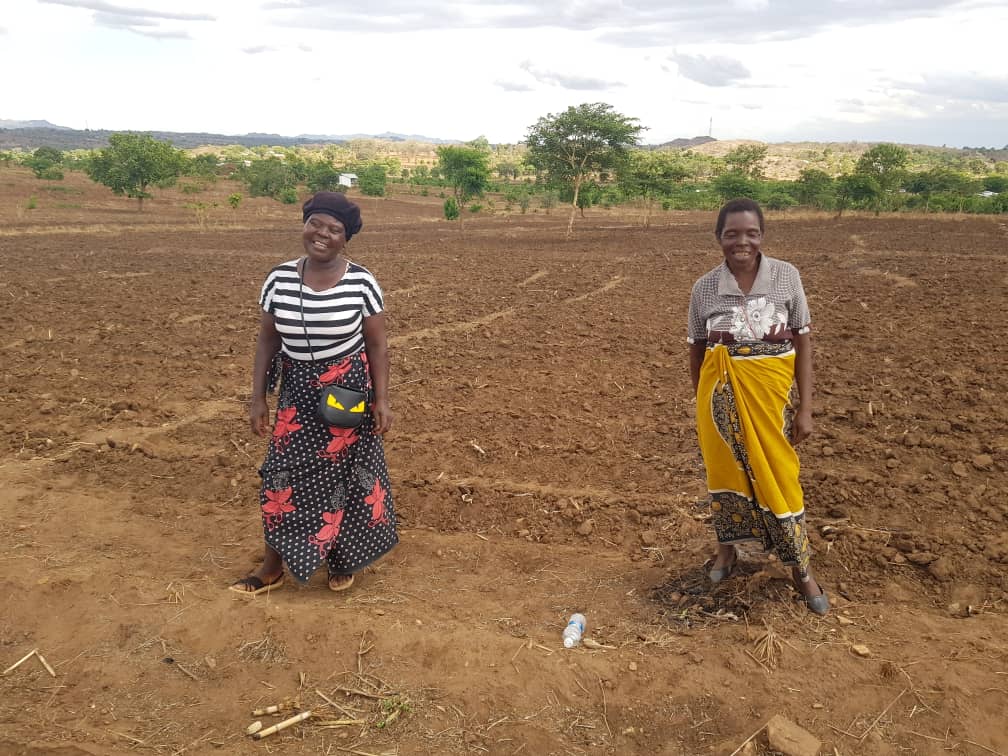
At the same time that the UN General Assembly was adopting Res 76/252 (“the widowhood resolution”), the 66th Session of the Commission on the Status of Women (CSW) was beginning its annual meetings. The CSW, the principal multilateral body dedicated to the promotion of gender equality and women’s empowerment, is instrumental in promoting women’s rights around the world. Each year the Commission takes stock of a certain priority theme, issuing a set of Agreed Conclusions at the end of the session.
After a tumultuous negotiations process at the 65th Session in 2021, where widows’ mention was proposed and advocated for by the African Group and the UK, among others, the Global Fund for Widows was optimistic that the engagement on, and adoption of, the widowhood resolution would result in a fruitful outcome for the widows’ rights movement.
Knowing that the negotiations of the Agreed Conclusions (AC) can be quite contentious, GFW sought to advocate for not just the mention of widows within the text, but for language on issues related to widows that can be used to advance the issue going forward. Traditionally, the recognition of groups within the AC is avoided, as Member States do not want to limit the relevance of the text to only those named and its universality, but also to condense the text and avoid laundry lists in a document that is already upwards of 20-pages. Despite this, the tireless work of the widowhood movement proved successful in the inclusion of “widows” twice within the final document, as well as a handful of thematic references, for a successful outcome.
Notable components include:
• The inclusion of widows in disaster risk reduction planning and management (pp.27);
• Giving particular attention to widows in measures to eliminate discrimination in regards to land tenure/ownership, inheritance, and natural resources, as well as appropriating technology, financial, and accountability mechanisms (pp.62(f));
• The inclusion of marital status in disaggregated data collection and reporting (pp.62(ss));
• Working to prevent and respond to violence against women and recognizing its link between climate change and environmental degradation (pp.62(mm));
• Notes the social fallout from the COVID-19 pandemic and the increase in harmful practices in its wake (pp.28);
• Reinforces, at several points, the importance of gender-responsive inheritance practices;
It is encouraging to see the rippling effects of the widowhood resolution already taking place in the UN system, and GFW will continue to call on policymakers to mainstream its components in future CSW dialogues, including next year’s priority theme of, “Innovation and technological change, and education in the digital age for achieving gender equality and the empowerment of all women and girls.”
A full text of the CSW66 Agreed Conclusions can be found here.